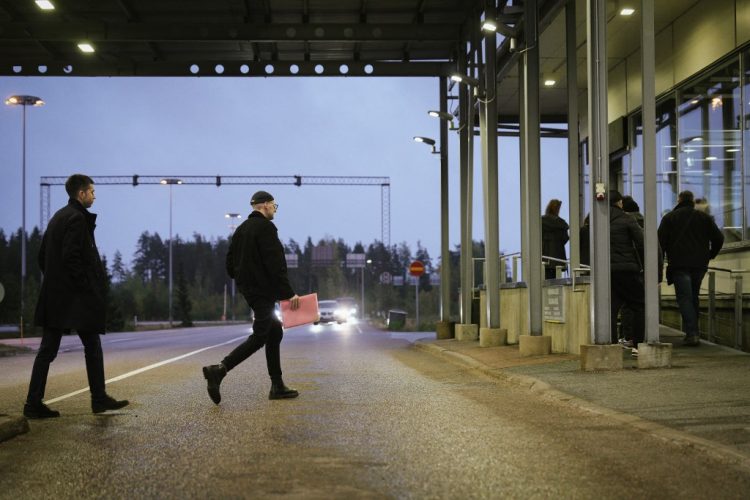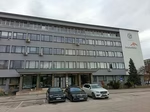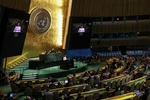Western Balkan countries agree in Berlin to align with EU visa policy

Western Balkan and European Union (EU) leaders agreed in Berlin on measures to curb illegal migration on the “Balkan route”, the most important of which is the alignment of Western Balkan countries’ visa policies with EU standards and on combating human trafficking, said the German Foreign Office.
Oglas
At a meeting of internal affairs ministers within the Berlin Process an agreement was reached Thursday on efficient border protection with the support of the European agency Frontext and on procedures for returning refugees without a legal basis for staying in the EU to their home countries, Beta reported.
Ministers and officials assembled in Berlin at the invitation of German Interior Minister Nancy Faeser to discuss ways of fighting illegal migration via the so-called Balkan route as well as organized crime.
Europe has a shared responsibility to stop illegal entries so that we can continue helping people who urgently need our support, Faeser said.
We want to protect the people who come to us because of wars and political persecution, said Faeser, adding that European partners are determined to put a stop to illegal migration.
In addition to the agreement on migrations, the German Minister said they also agreed that all European partners want to additionally step up cooperation with all Western Balkan countries in the fight against corruption and organized crime. This will improve the security situation not only there, but also in the EU and beyond, she added.
Invited to the Berlin meeting were internal affairs ministers and other ministry officials of Austria, Bulgaria, France, Germany, Croatia, Italy, Poland, Slovenia, the Czech Republic and Great Britain, as well as representatives of Western Balkan countries – Albania, Bosnia and Herzegovina, Montenegro, Kosovo, North Macedonia and Serbia.
EU representatives also attended, including EU Commissioner for Home Affairs Ylva Johansson and representatives of international organizations.
The Berlin Process is a format of annual meetings initiated by the German Government, under former Chancellor Angela Merkel, in 2014 when the Conference of Western Balkans was held in Berlin.
The aim of the process is to speed up cooperation with the six Western Balkan counties and this region’s integration into the EU. It mostly focuses on resolving bilateral and internal problems in the region and on enhancing economic cooperation as a basis for the region’s sustainable development.
Kakvo je tvoje mišljenje o ovome?
Učestvuj u diskusiji ili pročitaj komentare
Oglas
Kakvo je tvoje mišljenje o ovome?
Učestvuj u diskusiji ili pročitaj komentare
Oglas
NAJČITANIJE
Oglas
Oglas
Najnovije
Oglas
Oglas





 Srbija
Srbija
 Hrvatska
Hrvatska
 Slovenija
Slovenija



























































